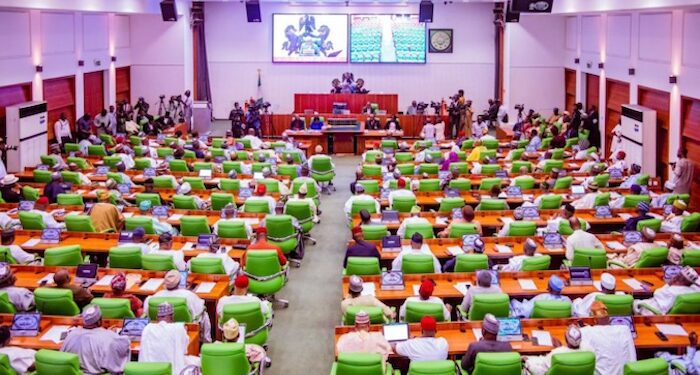On Tuesday, the National Assembly passed the N6.2 trillion 2024 Appropriation Act (Amendment Bill), alongside a Finance Act targeting funds accrued to Nigerian banks from the current forex regime. This legislative action follows President Bola Tinubu’s submission of the amendment bill on July 17, 2024.
The amendment bill allocates N6,222,595,926,139 across various sectors. Of this amount, N3,222,595,926,139 is designated for Capital Expenditure, including funding for legacy projects and other economic sectors. The remaining N3,000,000,000,000 is earmarked for Recurrent Expenditure, notably to support the new minimum wage of N70,000.
Breakdown of the Appropriation Act Amendment
- Capital Expenditure (N3.2 trillion): Funded to support infrastructure projects and other significant national initiatives.
- Recurrent Expenditure (N3 trillion): Allocated to cover the newly approved minimum wage.
The National Assembly had earlier suspended its rules to expedite the bill’s reading and referred it to the Committee on Appropriations. Senator Solomon Adeola, Chairman of the Senate Committee on Appropriation, highlighted the bill’s role in providing necessary funds for critical infrastructure and recurrent expenditure.
Key Financial Allocations:
- Statutory Transfers: N1,742,786,788,150
- Debt Service: N8,270,960,606,831
- Recurrent (Non-Debt) Expenditure: N11,268,513,380,853
- Development Fund for Capital Expenditure: N13,773,275,994,384
Sectoral Allocations:
- Recurrent Expenditure: Includes N2.536 trillion for contingency recurrent, N1.308 trillion for the Ministry of Defence, N869.120 billion for the Ministry of Police Affairs, and additional funds for Education, Health, and Social Investment.
- Capital Expenditure: Features N1.404 trillion for the Ministry of Works, N1.334 trillion for Agriculture and Food Security, and other critical infrastructure investments.
Finance Act
In addition to the budget amendment, the National Assembly passed a Finance Act addressing windfall profits from banks due to the forex regime. The Act introduces a 70% levy on realized forex profits, with the proceeds allocated to the federation.
Key Provisions of the Finance Act:
- Windfall Tax: Banks will face a 70% levy on foreign exchange profits from 2023.
- Penalties: Banks failing to comply by December 31, 2023, will incur a 10% fine on withheld levies and additional interest at the prevailing CBN rate.
The legislation, effective from January 1, 2023, aims to ensure fair competition and protect the domestic investment environment.


